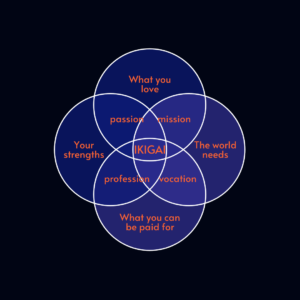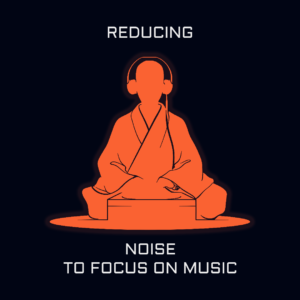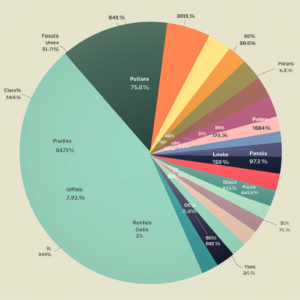Artist development exercise: researching & replicating
I make a lot of playlists. Most of them are huge, fairly disconnected beasts that I just keep adding to year-on-year (mainly named after the season we’re in so every year I can listen to what I was listening that time of year in previous years, but there are also some theme-based ones).
But one playlist that I manage quite intensely is my inspirations playlist. This is a playlist consisting of songs that I’ve recognised as significantly resonating with my desired sonic signature in some way.
This isn’t a genre-locked playlist, and the inspiration I’ve heard (or felt) might come from a chord progression, a musical technique, a production technique, an emotional vibe, the sonic palette, lyrics, and the list goes on…
Something I’ve started doing much more of this year is going back and critically listening to songs I’ve curated and shortlisted as inspiring, picking out the things that resonate with me and taking notes about them.
This is now something I’m including as an exercise for my clients in my artist development program.
The purpose of this exercise is not to copy sounds, techniques or anything else. It’s a self-learning process about what resonates with you as a listener, and artist, and why.
When you first start making music, you do a mixture of drawing inspiration from within and copying things you’ve seen others do. You then just play things through this lens until they sound good to you. This a great, but eventually you’re going to notice that you can’t escape certain rhythms you’re stuck with, you always play the same key, your arrangements never change and eventually this is going to end up in writers’ block or a feeling of not progressing.
Beginner artists don’t have any form of end-goal in mind when they sit to create music. They follow their intuition. There’s nothing wrong with this. But knowing where to take a song when you open up its story is important. Music that isn’t properly shaped ends up unrefined, like a sculpture that’s been shaped but not detailed. Like Morph vs Michelangelo.
Advanced artists often say that they “let the songs write themselves” or “it just came to me” and things like that, but it’s rarely entirely like that. Most of the time, they either “freestyle” the music as they said and then have the skills internalised to arrange and develop the song in interesting ways because of their experience. Or, they “freestyle” a demo version and then work with a producer to finalise the song.
A sidenote here, artists often don’t mention these stages of production in their interviews. They say things like “I let the song write itself” because it aids their artistic mystique (and sometimes they’re too egotistic to admit their art wasn’t only made by themselves).
In a similar vein, you’ll also often hear producers say “this isn’t mastered” or “I did no mastering”; and people watching that think the music is being released as they’re hearing it in the studio straight out of the DAW. Again, the producers aren’t saying the music that is heard on DSPs and the radio isn’t mastered. They’re just talking about the session they’re demonstrating. I haven’t met a high tier producer that doesn’t send their music off, either to their label or directly to an engineer, for mastering. What they’re saying in the video run-throughs of their tracks is that they don’t do any mastering themselves in the studio session.
The term artist development indicates that artists should be constantly developing. Introducing new tools to their repertoire is a key part of this, and the primary (maybe only) way of doing this is understanding how other artists have done it, applying it and then making it your own.
Famously, The Beatles often spoke about how they discovered new chords by visiting other musicians. They collected chords like Pokémon cards.
But it’s not about aimless learning. You’ve got to understand what is turning you on, and that’s what this exercise is all about. It’s about critical listening, but also about vibe-checking.

Over the years, I’ve been collecting and organising songs that really resonate with me as what I feel I want my music to feel like into a playlist.
I’m going to start sharing my notes about songs and how they influence me as a series of mini blog articles. As you read them, remember, these analyses are about why they inspire me and what I can apply from that knowledge, not necessarily a deep general analysis or instructions of how to recreate things.
Songs that inspire me
Blog posts about artist development
The music industry is probably not your Ikigai
The majority of my audience is either trying to become...
Read MoreHow I stopped LinkedIn hijacking my attention and creativity so I can stay focused on artist development and music production
What’s wrong with content lately? I’ve taken a stand against...
Read MoreHow to gain music industry market share as an independent artist
Strategies for market share and listener retention in the attention...
Read MoreHow to use music feedback to get heard by A&Rs and get more streams
Feedback is by its nature critical. Its intention isn't to...
Read More


